Sweden got Germany, Mexico and South Korea in the FIFA 2018 World Cup in soccer next summer.
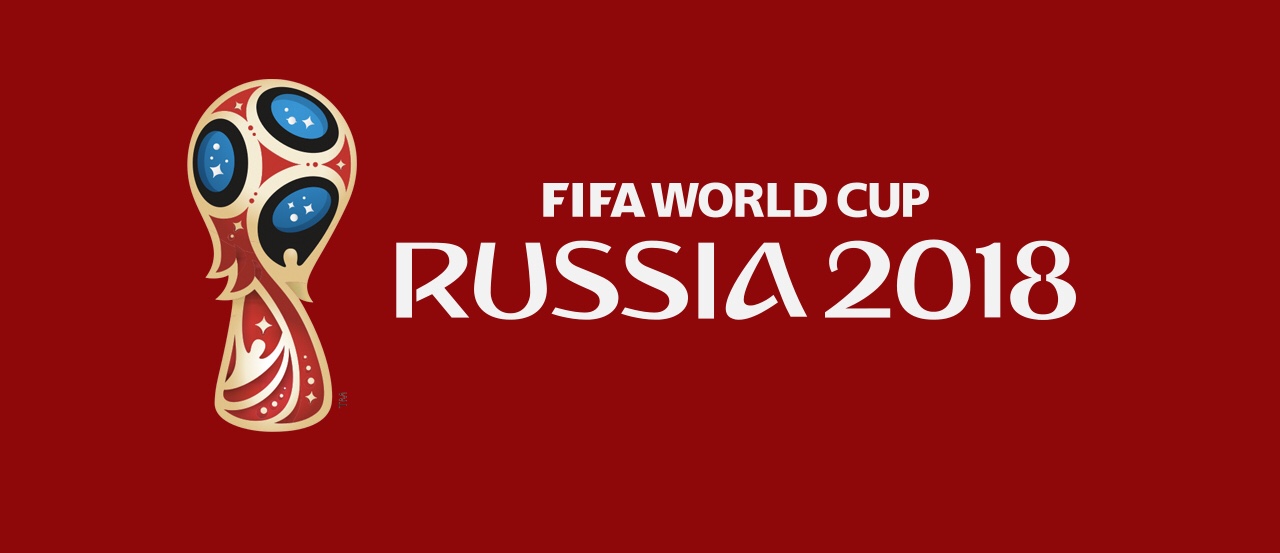
At the draw today we got the different groups that will play next championship.
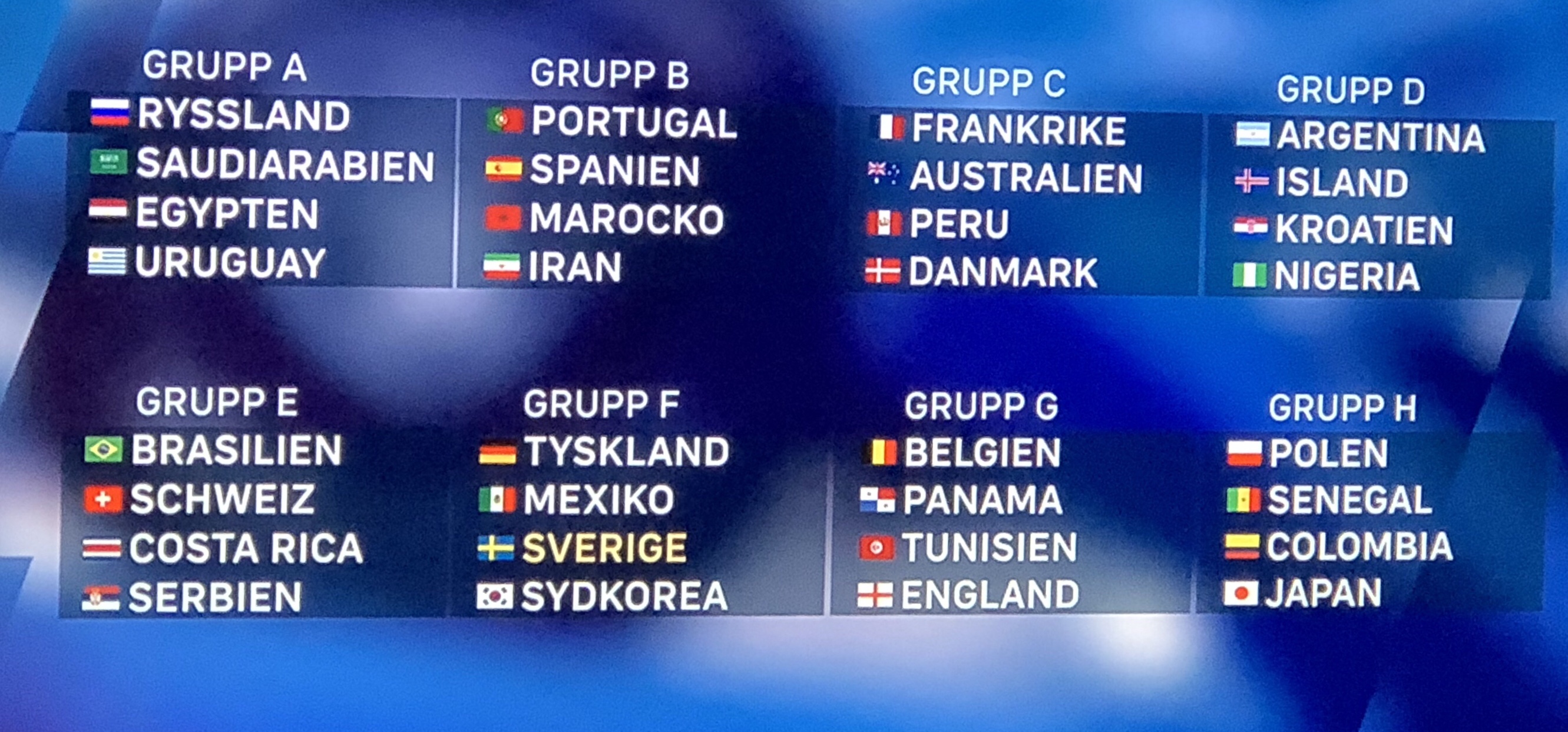
All teams are good in a World Cup. So there are no easy games. After having beaten France, Netherlands, Portugal and Italy, I do think that Sweden has a good chance to go thorugh to the knock-out rounds.
It will be a great tournament next year.
KGH Border Services has been awarded as Best Border Management Consultancy Partner Global 2017 by CFI.
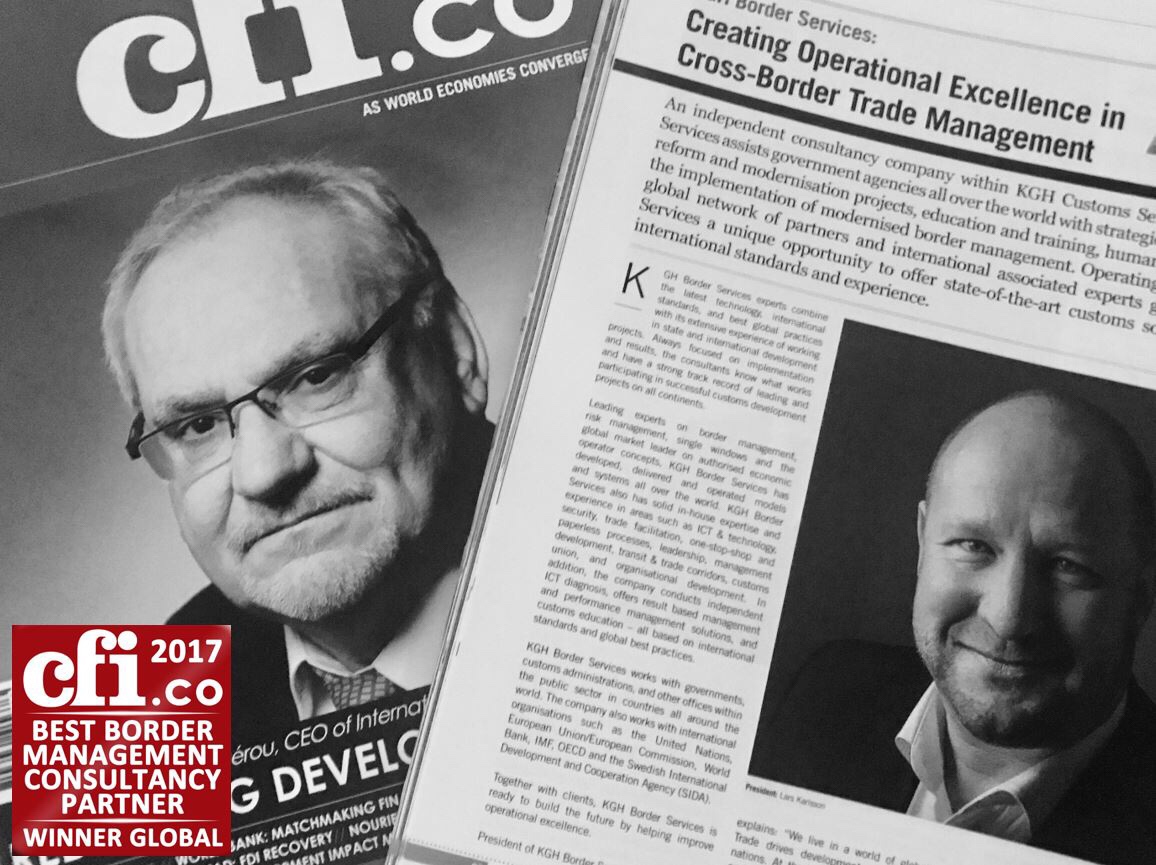
“We are constantly growing our business and 2017 has been our best year ever. We are extremely pleased that our partners and clients appreciate our services and delivery” says Lars Karlsson, president of KGH Border Services and MD KGH Global Consulting. “We are aware that our track record of producing the best quality and always delivering on time – is attractive to our partners and clients. This is down to the competence, skills and experience of our outstanding international expert staff. Our consultants are experts on the design and development of State-of-the-Art Customs and Border models, but more importantly they have actually operated such models in leading countries of the world. That is what is making the difference. This is a great step on our way to being the leading border expert company in the world. Now we are looking forward to 2018”.
Judges’ Report
KGH Border Services: Best Border Management Consultancy Partner Global 2017
Whilst free trade reigns supreme, governments do wish to maintain control of their borders without obstructing the flow of goods. That, however, is easier said than done. Offering custom solutions to public sector clients around the world, Swedish KGH Border Services – part of the KHG Group specialised in customs and trade management – delivers operational excellence in even the most challenging environments.
The company is regularly called upon by the UN, European Union, World Bank, and other multilaterals to apply its knowledge in countries desirous of improving their border management system. KGH Border Services functions as a one-stop shop, offering end-to-end solutions that include not just border management, but risk assessment, single-window, Authorized Economic Operator, paperless processing, and IT services as well. In fact, the company covers the entire field of cross border trade management up to and including the development of custom unions, transit and trade corridor setups, and educational programmes to help implement global best practices. KGH is also global market leader in delivering AEO programmes for compliance management, a vital part of the WTO Trade Facilitation Agreement. KGH Border Services bridges the divide between the public and private spheres working with all stakeholders to design and implement frameworks that deliver quick results, adding value to the entire process. The CFI.co judging panel agrees that the desired smooth flow of trade may at times offer room for improvement. The judges applaud KGH Border Services for its sustained and successful efforts at streamlining border procedures and offer the company their 2017 Best Border Management Consultancy Partner Global Award.

CapitalFinanceInternational, CFI.co, is a print journal and online resource with 128.000 readers reporting on business, economics and finance, recognises that the traditional distinction between emerging and developed markets is now far less meaningful as world economies converge. For more information; www.cfi.co.
I am back in Riyadh working with the new management of Saudi Customs in their efforts to reform and change Saudi Customs, border and trade procedures and processes.

Our KGH team here in Riyadh is working very closely with Saudi Customs on the development of the organization and its operations.
The new Saudi AEO programme, that we have worked on together with Saudi Customs since the start, is in pilot tests. This programme that we have designed and developed will be highly advanced and it will when operstional in Jakuary 2018 become one of the most modern programmes in the world. It will holisticly cover both trade facilitation, compliance, safety and security.
There are many other positive initiatives on the way in Saudi Customs to improve speed, predictability and compliance at the border and overall.
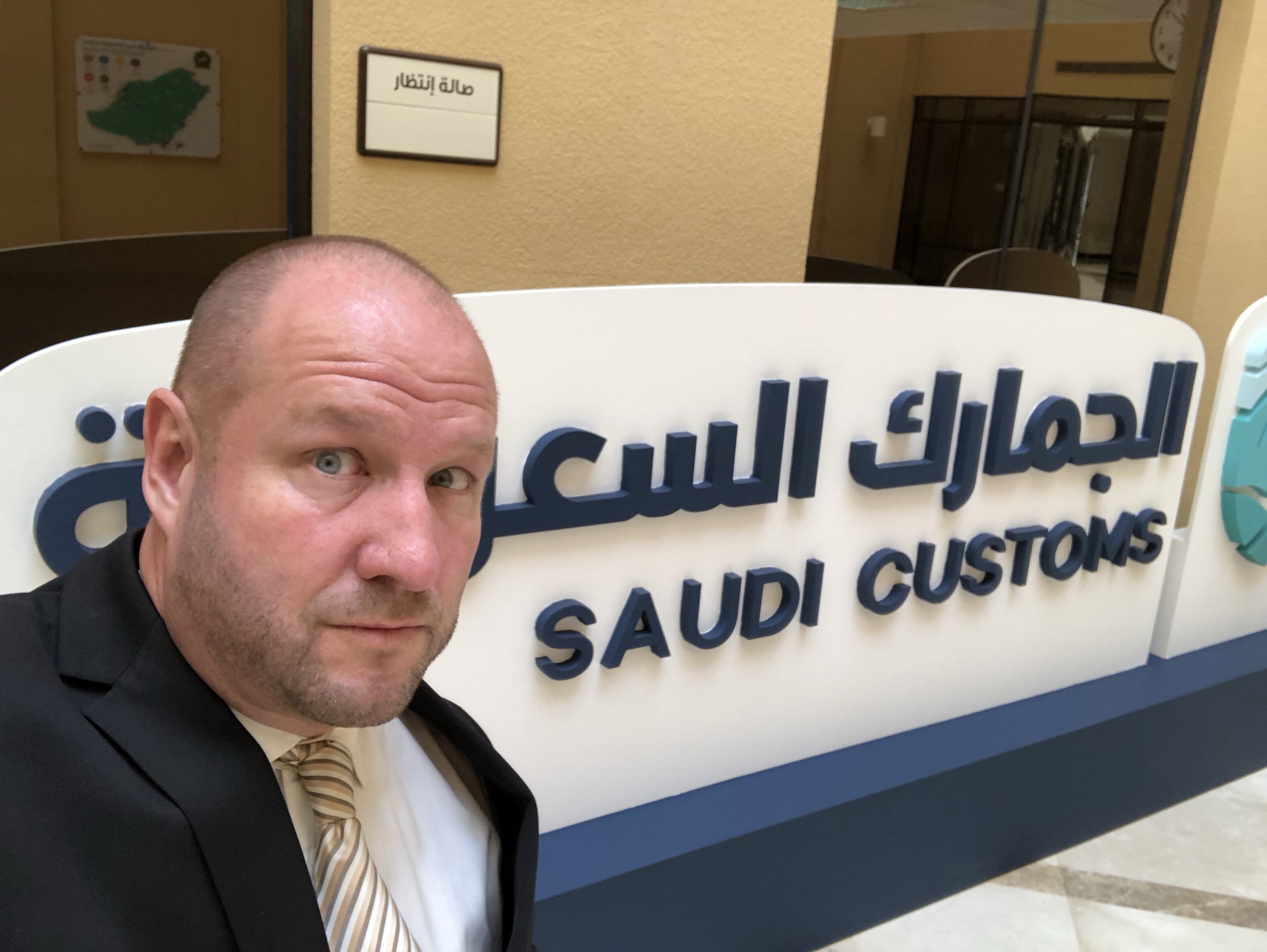
New positive results are emerging every day from the wide range of Customs and border modernization initiatives under the visionary and competent leadership of His Excellency Mr Ahmed Al-Hakbani, Director General of the Saudi Customs.
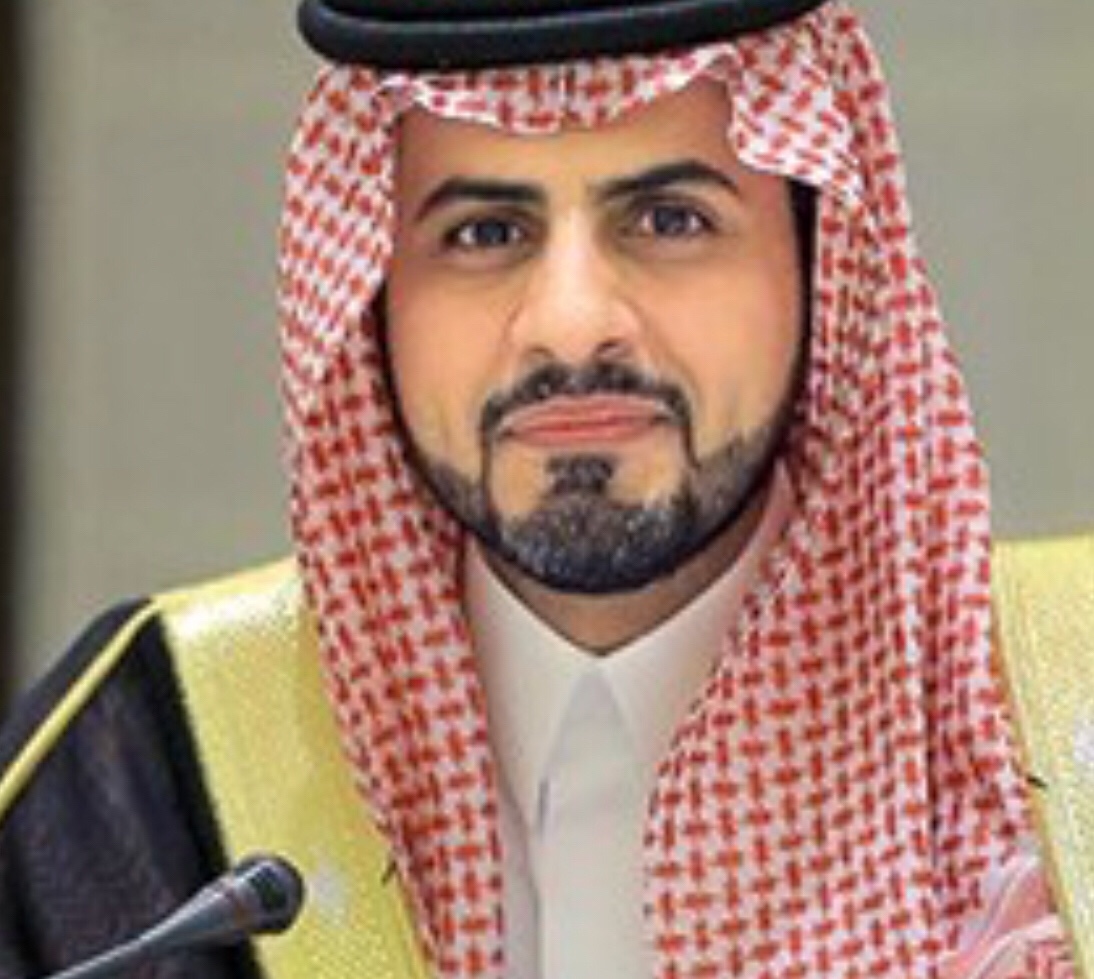
Customs leadership – and the HQ Saudi team we are working with here – are dedicated and strong and committed to make Saudi Customs a leading Customs admikistration in the world.
It will be exiting and interesting to actively see the results from this process during 2018.






You must be logged in to post a comment.